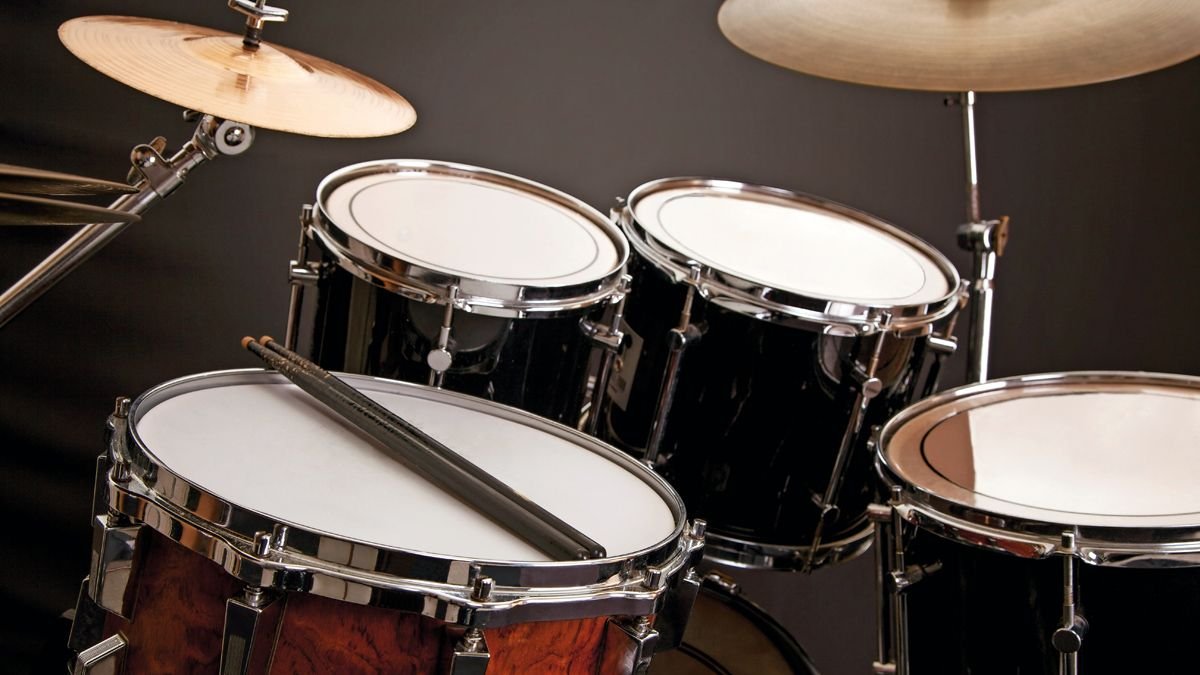Course Outline :
Beginners :
Open position chords,
>Naming guitar parts,
>Introduction to the Musical alphabets,
>Basic strumming patterns,stringing,tuning and maintainence,
>Introduction to major and natural minor scales(one octave)
>Alternate picking
>Introduction to basic theory of triads
>Sight reading with whole, half and quarter notes and rests
>Introduction to playing with simple metronomic placements
>Regular feedback from the teachers.
>Term end exams (Rock school,Trinity,London
Intermediate
Chord inversions
>Introduction to finger picking styles
>Major and Natural Minor scales (two octaves)
>Introduction to arpeggios (major and minor)
>More alternate picking exercises and build-ups
>Introduction to theory of chord inversions
>Sight reading with whole, half, quarter and eighth notes and rests
>Introduction to Aural : Intervals, major and minor triads
>Introduction to four note chords
>Regular feedback from the teachers.
>Term end exams (Rock school,Trinity,London)
Advance:
Elaborate Scales : major, minor(natural, harmonic, melodic)locating anywhere in the fretboard.
> Introduction to CAGED forms.
>Locating four note chords anywhere in the fretboard.
>Introduction of economy picking ,sweep picking and hybrid picking and their usage.
>Jamming with complex metronomic placements and odd time signatures.
>Locating major, minor, diminished arpeggios anywhere in the fretboard.
>Introduction to chart reading
>Sight reading with odd time signatures and with whole, half, quarter, eighth, sixteenth notes and rests. quarter and eighth note triplets and tied notes etc.
>Introduction to standard Jazz and comping.
>Regular feedback from the teachers.
>Term end exams (Rock school, Trinity, London)
Western Classical Guitar ‘’There is a vibrato which occurs without moving the finger: it is the vibration of the heart of the one that feels deeply what one plays’’ Emilio (Emili) Pujol Vilarrubi (classical guitarist)
Course outline:
Correct way of holding the guitar.
> Notes on the fretboard.
> Tuning
> Finger style picking (pima)
> Staff Reading (compulsory)
> Studying of various guitar repertoires.
> Sight reading techniques.
>Regular feedback from the teachers.
>Term end exams (Trinity London)
Bass: The Musicians Stop’s bass department delivers programmes for students
looking to become professional musicians/bassists.
Course Outline:
Correct way of holding the guitar.
> Notes on the fretboard.
> Tuning.
> Right and left hand techniques.
> Covering some popular songs.
> Scales
> Jamming and its concepts.
> Bass slaps and pops.
> Term-end exams (Rock school Trinity and Royal school)
Keyboard/Piano : ’’
The piano is a monster that screams when you touch its teeth.” – Andre Segovia. Despite the rise of guitar bands in recent years, piano and keyboards remain virtually omnipresent in contemporary music, and it is therefore crucial for any aspiring keyboardist to know how to apply their technical skills and sonic knowledge appropriately and creatively. While no one ever really wants to sit down and practice — it’s the only way to improve and maintain your musical abilities. So, when it comes time to hit the bench and get to work, you may find yourself looking for a little bit of inspiration.Fortunately, our institute caters to the need of every musician and Piano lovers.We offer lessons with passionate and talented instructors you won’t need to look anywhere else for the tools you may need to further your musical career and music life.
Musicians Stop provides a cutting-edge approach to learning the myriad of skills needed as a keyboardist and the holistic skills needed to function at a professional level in the music industry.
Course Outline:
Introduction to the notes on the keyboard
> Introduction of Staff notation (compulsory)
> Scales and Arpeggios
> Improving hands together coordination
> Major and Minor chords (Single fingered and Fingered chords)
> Playing of some popular songs (both English and Hindi)
> Studying of Keyboard /Piano repertoires.
>Regular feedback from the teachers.
> Term-end exams (Trinity and Rock School)
VOCAL: Musicians Stops’ primary goal is to provide singers with industry relevant skills, knowledge, experiences and guidance, and the courses have been designed to help you develop not only vocal and performance skills, but also general musicianship and business know-how.
Course outline:
Sight Singing
>Aural
>Introduction to Keyboard as an accompaniment
>Breathing exercises
>Techniques and stage presentations both as a solo singer or as a BV (backing vocal)
involving both western styles and the contemporary Bollywood singing.
>Scales and arpeggios
>Vocal stamina exercises
>Introduction to song writing
>Regular feedback from the teachers.
Term end exam (Rock school,Trinity,London.
Drum Course :
Our drum courses cover the key areas of technical skill associated with playing the drums, such as timing, feel, groove, left and right hand independence, snare drum technique and performance. Musicians Stop offers unrivalled one-to-one tuition, harmony and theory classes and sight-reading lessons . Directed by experienced drum tutors our courses aim to take students on a rewarding journey through contemporary music education as they develop their skill and confidence with their instrument. The teachers’ years of experience both teaching and drumming professionally have provided them with skilful mastery of all styles, taught in a way that is accessible for students. Covering rock, blues, soul, jazz, funk, Latin, pop and much more, means that students get the chance to vastly broaden their musical range and repertoire. Our courses place emphasis on the need to perform and students will gain experience in live performance, session playing,playing as part of a band and also prepare for the Examinations.
UKULELE :
The ukulele is an incredibly versatile instrument, yet one of the easiest musical instruments to learn. The ukulele can be used to play anything from traditional music to blues, rock, jazz and classical.
During ukulele lessons, you will learn basic methodologies, such as tuning, holding technique, chords, strumming and composition.
If you have a child or you yourself is keen to learn the instrument but too young to start, the ukulele is the perfect starting instrument.






